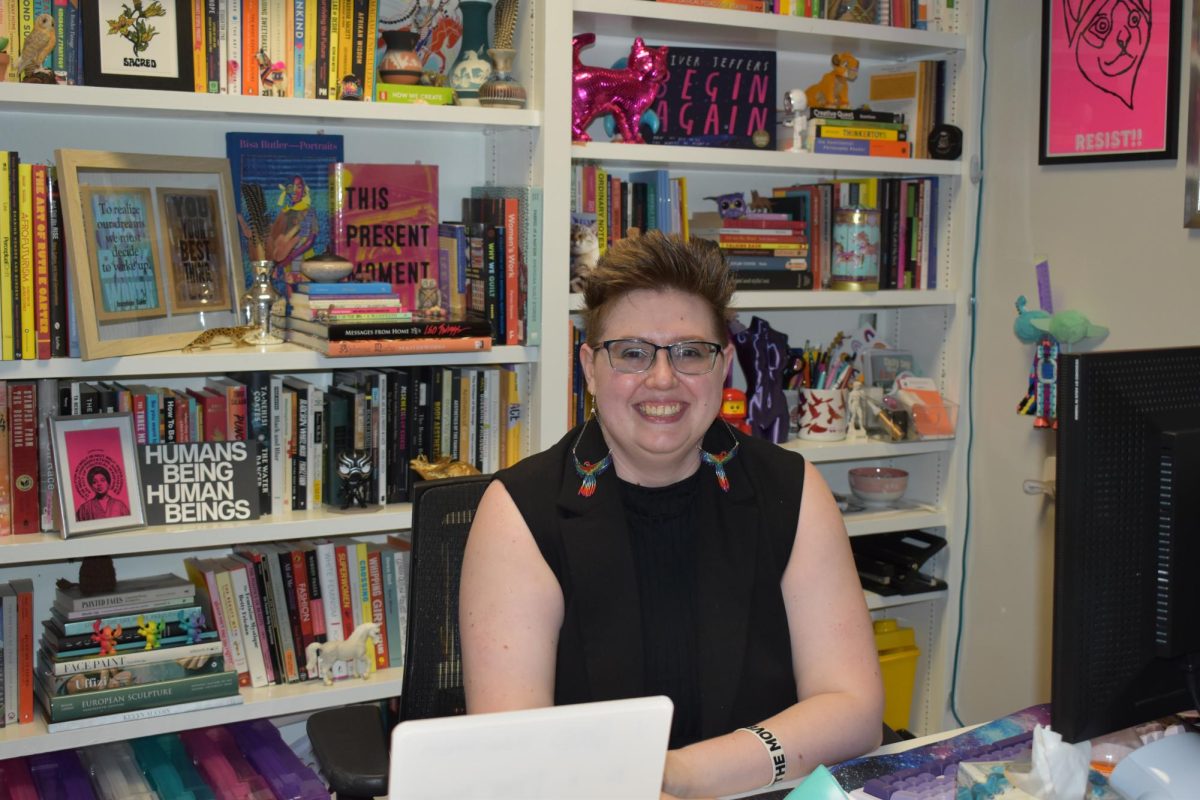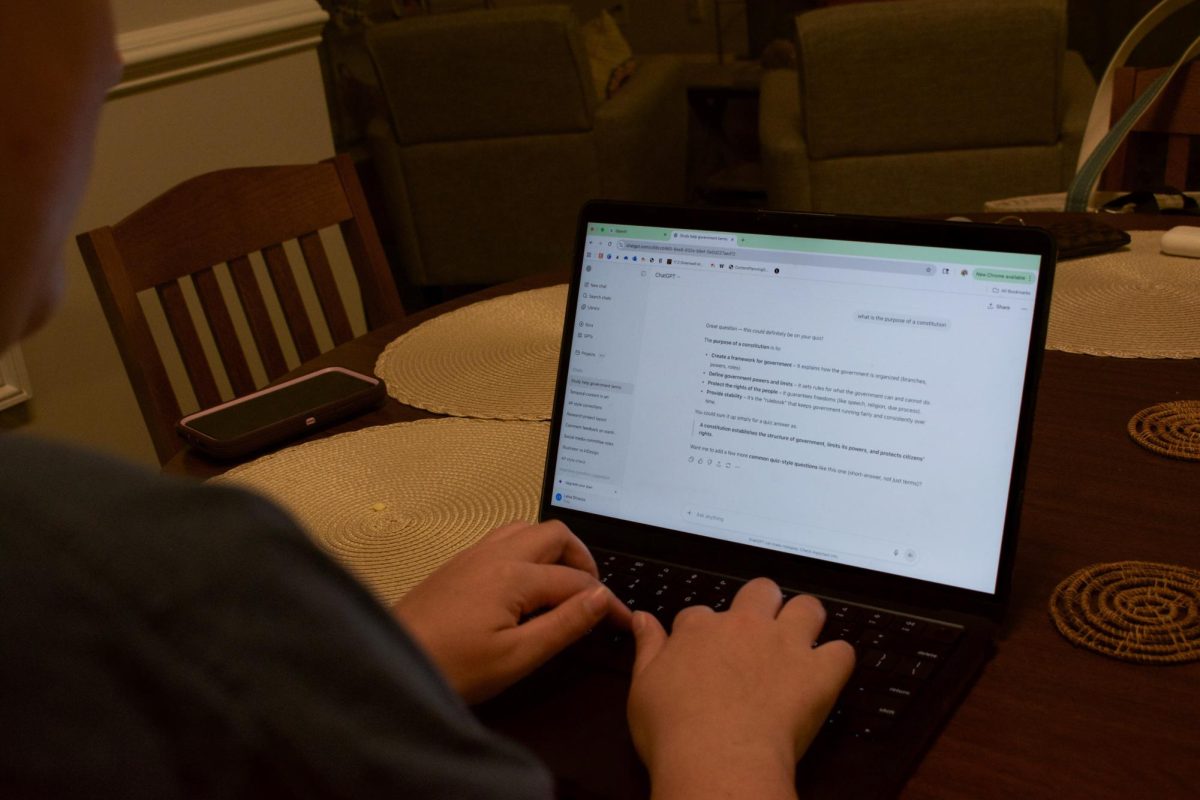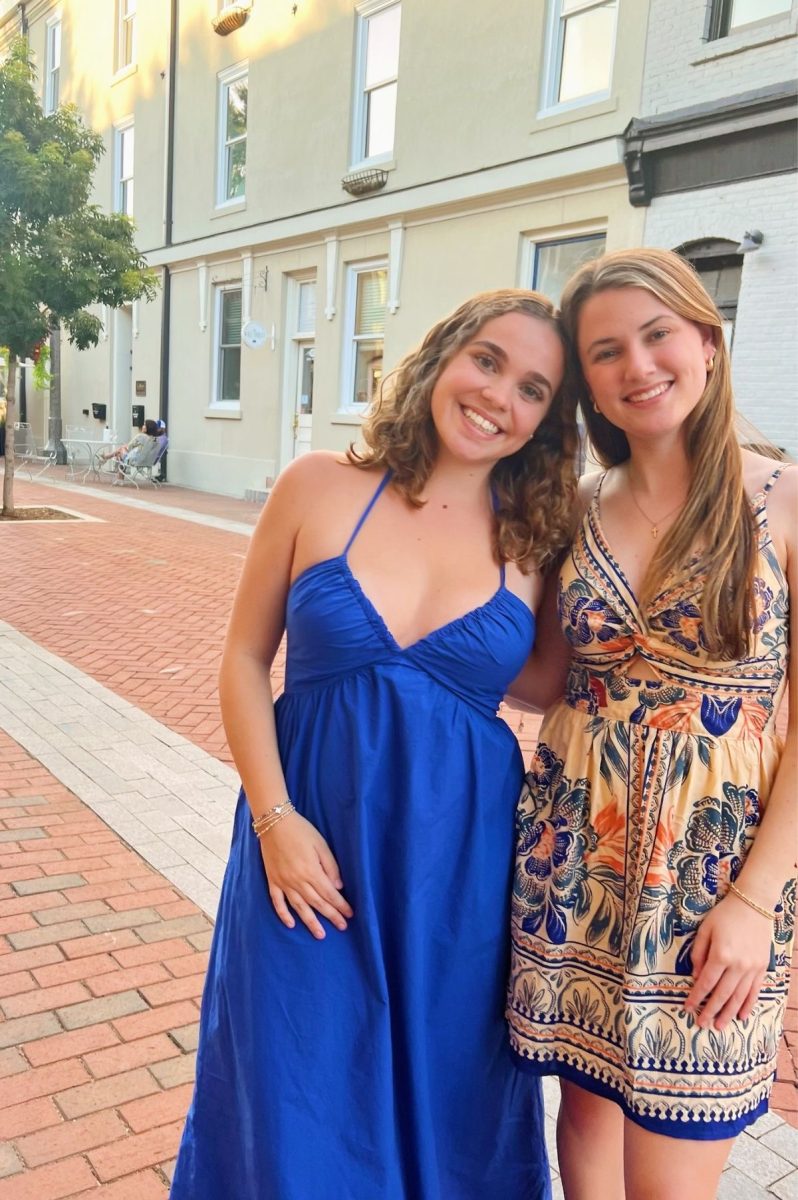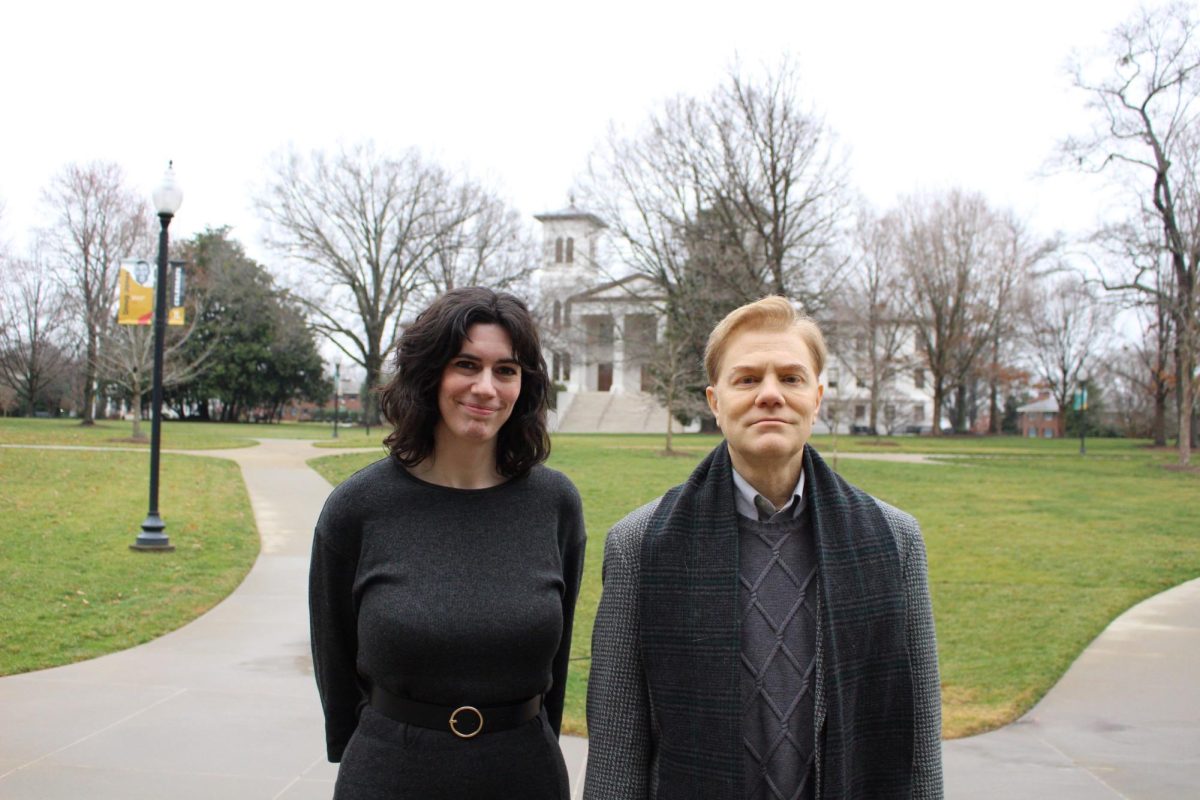Every year, Wofford announces a Presidential International scholar, and for the 2005-06 school year, the scholarship went to then student Russ Sandifer ‘07, now an assistant professor of business and finance here at Wofford.
Sandifer got a call from former President Ben Dunlap’s office in the spring of 2005, with no real agenda given to him for the meeting. His friends had a sneaking suspicion that the meeting could potentially be an interview for the Presidential International scholarship.
His friends were right in thinking that this was the case, and this interview doubled as a time for Sandifer to pitch his idea for what he would do for the scholarship. The only problem was that he didn’t come prepared with one, meaning he had to think of one on the spot in Dunlap’s office.
Sandifer wasn’t a government major, but was having regular conversations with Dr. Bill Demars to pursue Sandifer’s interest in the intersection between Islam and democracy, including terrorism that was supposedly based in the religion, a topic that would fit perfectly with the requirements of the scholarship.
“The point of departure was understanding why does Islamic terrorism exists and why is it such a strong force, especially at that point in time. I wanted to parse out what Muslims believe across the spectrum and I was not naive to think that those terrorists were reflective of Islamic belief in general.” Sandifer said.
In 2005, no one was really talking about the diversity of theological camps that are found in Islam. Most people were casting Islam as a monolithic faith, which is not something common in most world religions.
The proposal Sandifer came up with on the spot was to test the thesis of a book he was discussing with Demars at the time. This would mean Sandifer would collect the views of Muslim leaders across mainly North African countries towards democracy, including their views on religious freedom and freedom of speech.
This was an especially timely topic as it came just a few years after the Sept. 11 attacks, and without giving him the scholarship, Dunlap expressed his enthusiasm about the topic and wanting more religious, especially interfaith, dialogue on campus.
After the meeting, it was decided that Sandifer would be the recipient of the scholarship for the 2005-06 school year and was tasked with organizing the logistics of his trip. He quickly got in contact with many embassies and organizations like peace corps that worked in the countries that he planned to spend time in.
“My request was, thank you for being a bridge to your country or the country you’re serving, because a lot of these were westerners or other partners, and could you please put me directly in touch with a trusted family?” Sandifer said.
Sandifer wanted to fully immerse himself in the culture he was living in by staying in homestays in each country he visited. Through this, he was able to help these families with daily chores and other parts of their everyday life, giving him a better lens into the daily lives of the average family in these countries.
The families he stayed with helped put him in contact with Imams and other high ranking and respected Muslim officials of their country, something he wouldn’t be able to do without the connections of the families he stayed with.
“With the experiences that I had, I relied on a lot of bridge builders to make my trip successful in 2005-06. I had some incredible people that were connected to that part of the world and without whom I wouldn’t have the incredible experience I had.” Sandifer said.
Over the next nine months Sandifer went to many counties in which Islam was a dominant religion, including Mauretania, Morocco, Tunisia, Chad, Egypt, Turkey, Lebanon, Yemen, Jordan and Indonesia. He spent roughly a month in each country he visited.
From these experiences that he had during his time working on this project, Sandifer wanted to help build those bridges for others, especially more risk averse people who might not be comfortable doing a similar trip on their own without bridge builders.
As a professor, he came into this job wanting to give back and invest in the next generation, and one way of doing this was leading interim trips in 2024 and 2025 to Morocco.
Through these interim trips Sandifer was able to help students to learn how to engage as a guest in Morocco, which included learning, or relearning, how to travel and not do so as a typical tourist. He wanted to help students learn how to travel well and to use it as a way to immerse themselves in the culture of whatever country they were in.
These abroad experiences were a way for students to experience traveling in a different way then they were used to and to experience a culture that is not like theirs. Sandifer wanted to create opportunities and to help bridge the cultural gap that is not as wide as many would believe.
“The more I see … our common humanity. Every single time I travel, I just realize, we are constantly thinking about how different we are, constantly talking about our differences,” Sandifer said.
One way that students were able to experience this common humanity was through their stays with host families, the same way Sandifer did.
Through their interactions with host families and others in Morocco who showed such hospitality to them, total strangers living in their homes for a few days, students found this sense of common humanity.
While in the uncomfortable situation of being in a country and culture different from theirs, students experienced significant hospitality and a reminder of shared humanity, exactly what Sandifer wanted for students through the trip.


































